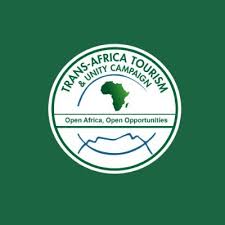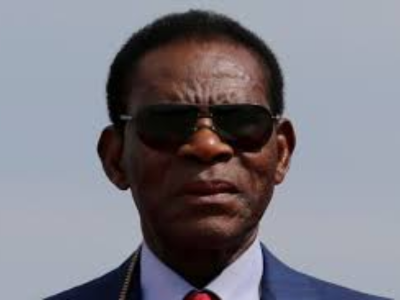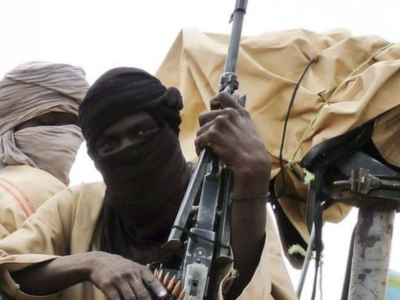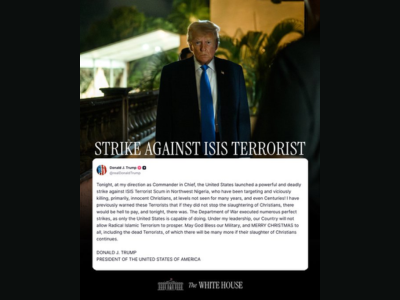Group Advocates Visa Free Travel for Africans
- by Admin.
- Aug 25, 2025

Credit:
The Trans-African Tourism and Unity Campaign has called for a visa fee Africa for Africans by 2030, as it kicked off a 40,000-kilometer road journey across 39 African countries from Accra, to ignite tourism, trade, cultural exchange, and economic growth.
Led by former Ghanaian legislator and Pan-Africanist Ras Mubarak, the 163-day expedition aligns with the African Union's Agenda 2063 for a united, prosperous Africa.
Endorsed by Ghana's Ministry of Foreign Affairs, the campaign is scheduled to make early stops in Lomé, Togo; Cotonou, Benin; and Nigeria, before heading to Cameroon, Equatorial Guinea, Gabon, Congo-Brazzaville, DRC-Kinshasa, Angola, Namibia, Botswana, South Africa, Lesotho, Eswatini, Mozambique, Zimbabwe, Zambia, Malawi, Tanzania, Burundi, Rwanda, Kenya, Ethiopia, Central African Republic, Chad, Niger, Algeria, Morocco, Mauritania, Senegal, Gambia, Guinea, Guinea-Bissau, Sierra Leone, Liberia, Ivory Coast, Burkina Faso, and back to Ghana.
Mubarak will meet heads of government to deliver letters advocating visa-free policies, host press briefings, cultural events, and stakeholder engagements to highlight tourism's role in youth empowerment and cross-border ties.
“A visa-free Africa isn't just a dream—it's essential to unlock our potential,” - Mubarak.
Backed by partners like the Office of the Chief of Staff of Ghana, Afrimex Gold, National Investment Bank, Ghana Gold Board, GLICO Insurance, GNPC, Telecel Ghana, National Lottery Authority, Delcielo Optical Services, Kempinski Hotel, Stanbic Bank Ghana, Pan African Progressive Front, Africans Rising, and Radisson Blu Brazzaville, the initiative draws on expertise in finance, energy, telecom, hospitality, and civil society for lasting impact.
This journey revives the spirit of Pan-Africanism pioneered by Kwame Nkrumah in the 1950s and '60s, when Ghana led independence movements and envisioned a borderless Africa.
For everyday Africans—from young entrepreneurs crossing borders for opportunities to families reconnecting through heritage—it humanizes the fight against colonial-era divisions, fostering resilience and innovation to build a connected continent where dreams of unity turn into everyday realities amid global challenges.













0 Comment(s)